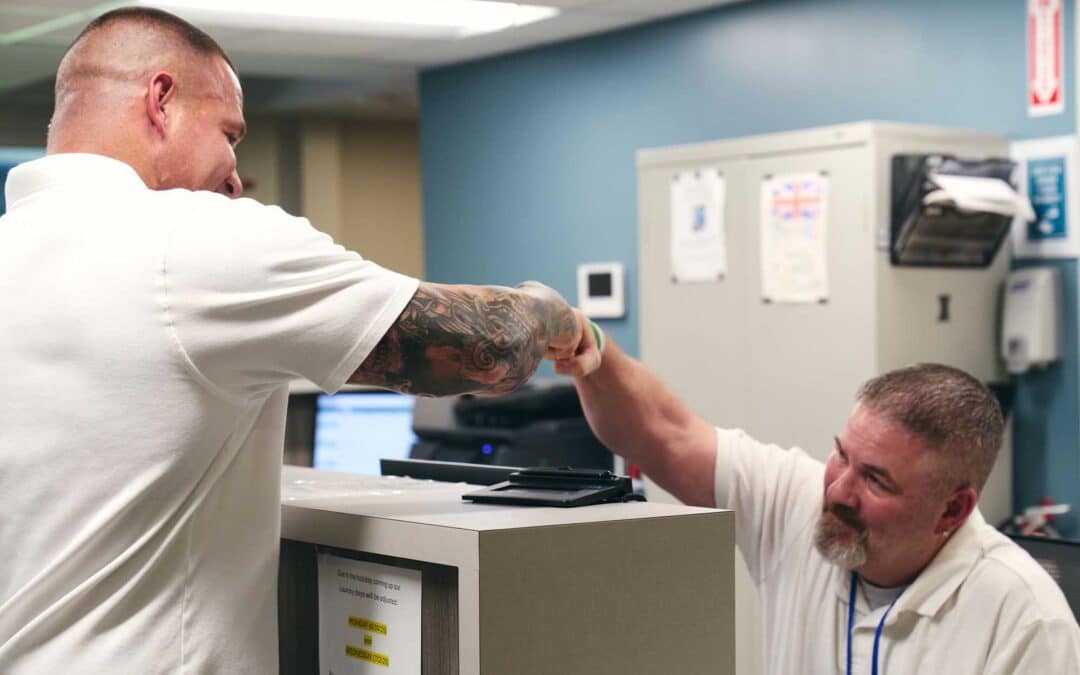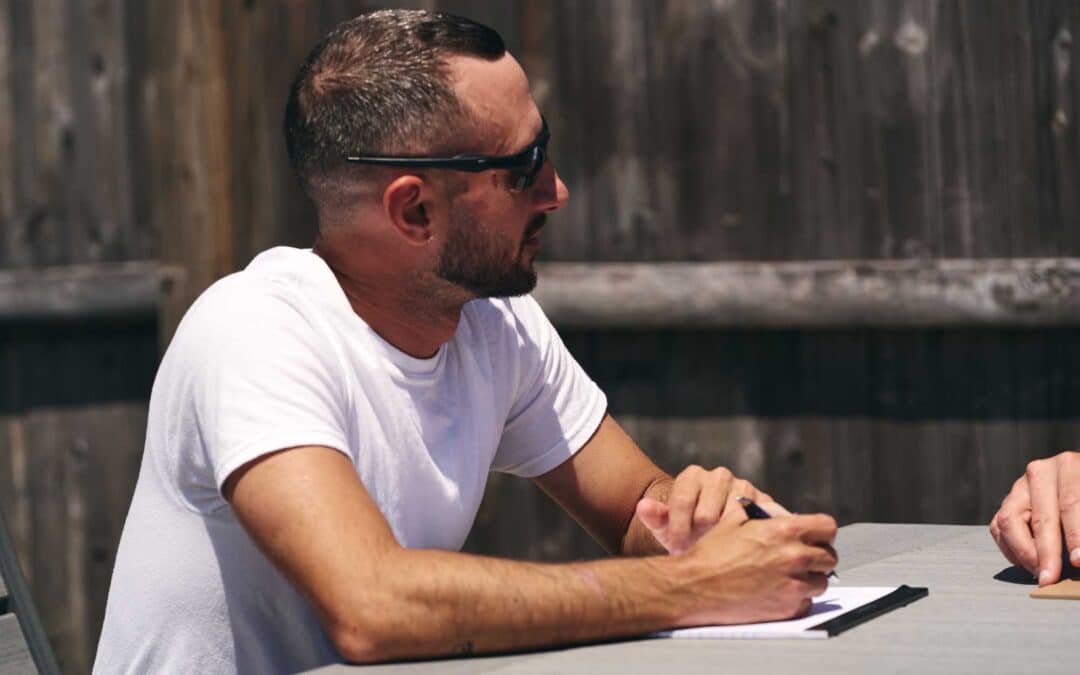Even though the outcome can be incredibly rewarding, alcohol withdrawal can be one of the hardest things you will ever do. The good news is, with the right help and some solid coping strategies, withdrawal does not have to be the intimidating experience you may expect. It is important to educate yourself about what to expect during withdrawal to feel empowered to make decisions about your experience that reflect your individual needs. Drug and alcohol withdrawal are different in many ways but similar in some key areas. Most importantly, going through withdrawal is the first step on your journey to recovery.
What Are the Symptoms of Withdrawal?
No matter what substance you are quitting, some aspects of withdrawal will be similar. Some of these are:
- Anxiety and depression
- Intense cravings for your substance of choice
- Disruptions in sleep
- Changes in appetite
In the case of drug withdrawal, symptoms vary depending on the drug in question. For opioid withdrawal symptoms, there may be intense gastrointestinal symptoms such as nausea or vomiting, as well as goosebumps and muscle spasms. Xanax withdrawal symptoms, on the other hand, can cause psychiatric symptoms such as hallucinations or even life-threatening seizures. Alcohol withdrawal symptoms can range from mild to severe. It can cause neurological symptoms like tremors as well as potentially life-threatening seizures. If you are concerned about withdrawing from benzodiazepines or alcohol, please seek a licensed substance abuse counselor or medical doctor.
How Can the Symptoms of Withdrawal Be Relieved?
- Medically-supervised detox programs are the best and safest way to help alleviate withdrawal symptoms from any substance, especially substances like alcohol or Xanax, that can lead to dangerous complications when stopped suddenly.
- Practice self-care – Make lots of time to do healthy, calming, and relaxing activities for you. This may mean taking a nice hot bath or listening to music.
- Make sure to eat and drink properly – Your body is stressed out when going through withdrawal, so make sure to give it what it needs to be healthy and have energy. Good nutritious foods and lots of water are crucial to health and healing.
- Stay on a schedule – Making a plan for spending each day can help you get through the tough times when all you want is to use drugs or drink. Be sure to include others in your plans to help keep yourself accountable.
- Try yoga or meditation – Clearing your mind can help you regain control when you start to feel like you may lose it.
- Phone a friend – Get in touch with a trusted friend and talk about something funny or happy to help distract you. Vent your frustrations or talk about the future. Make plans to go to coffee later. Do whatever you can to keep yourself from focusing on your discomfort or thinking about relapsing.
What Do I Do If I Need Help to Stop Using Drugs or Drinking Alcohol?
If you have been struggling with addiction and you are concerned about withdrawal, reach out to a licensed substance abuse treatment facility or counselor right away. Many people need help to overcome the disease of addiction, and studies show that those who receive professional help are more likely to achieve lasting recovery.
Liberty Health Services Can Help With Overcoming Withdrawal
Our treatment center in Derry, New Hampshire, is a serene and comfortable place to focus on recovery. We are committed to helping our clients and their families heal from addiction. Contact one of our caring and compassionate staff members today at 855.959.4521 and let us tell you what we can do to set you on the path to recovery.


